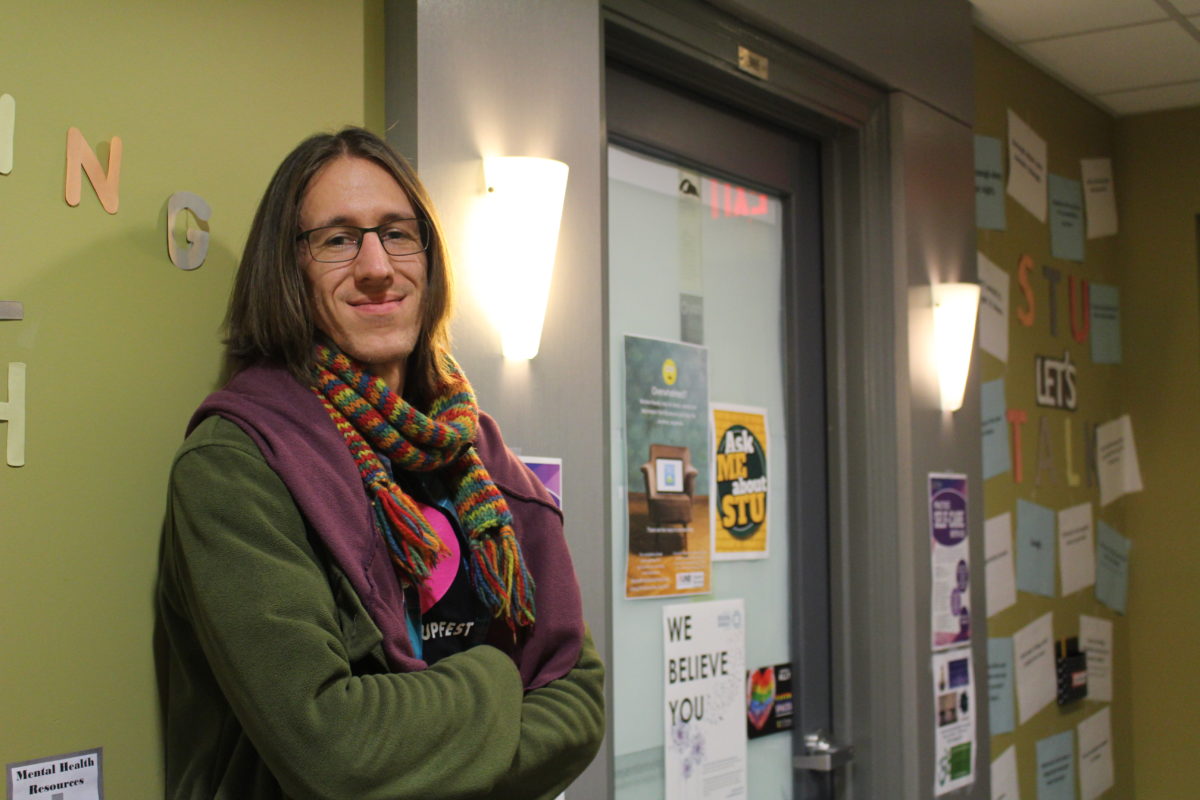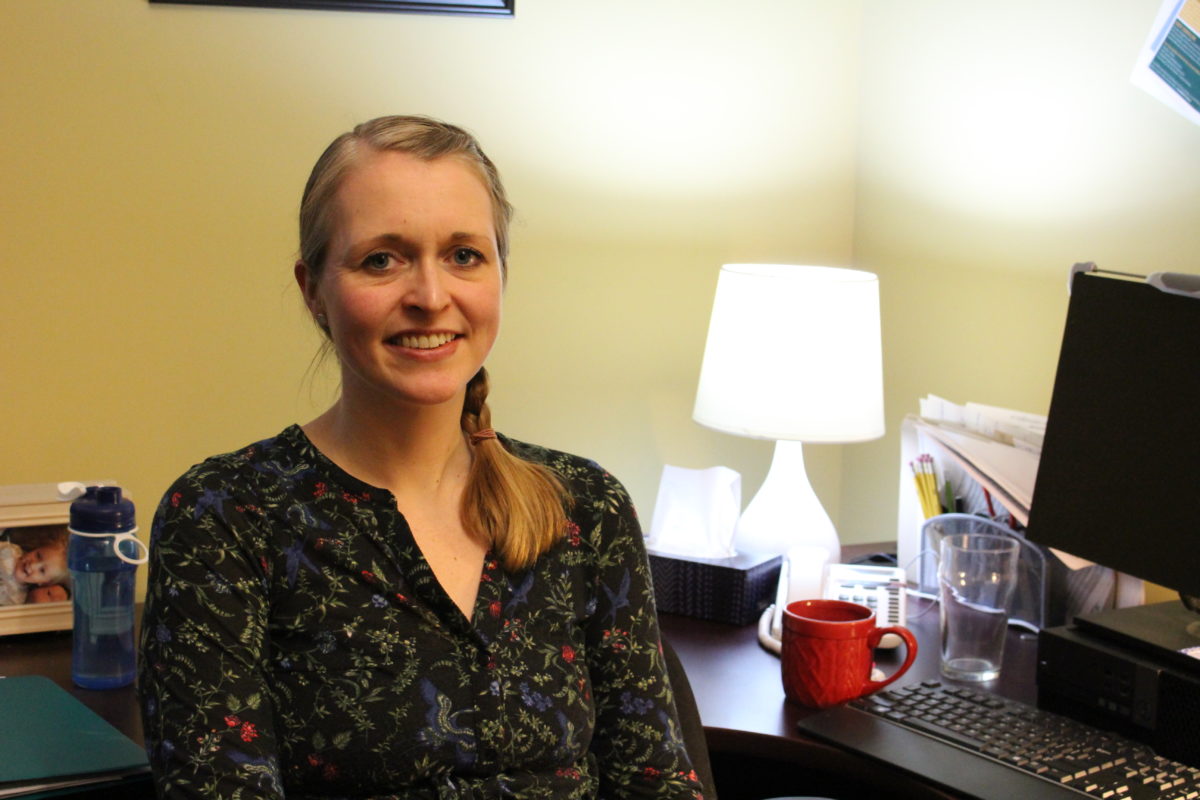
St. Thomas University Students’ Union and STU Mental Health is opening a peer support centre next semester.
Kelly Humber Kelly, the mental health coordinator at student services and student life at STU, said it’s the next step many universities have already taken in supporting their student’s well-being.
“There are many universities across the country and in the U.S. that are keen on the effects of peer support,” Humber Kelly said.
There’s been an increase in demand for counselling services over the years, but no additional room to help those who require support, especially outside traditional working hours.
The peer support centre will be open on weekends and after the university’s counselling services have closed for the day.
Humber Kelly believes students can connect more closely with a peer, especially when students may feel uncomfortable talking with a mental health professional.
“Making that connection with someone who looks like you and is the same age can be really powerful and really helpful,” she said.
The peer support centre will have 13 student volunteers who have already undergone training for the position.
Trained in active listening skills, reflecting and recognizing warning signs, they are equipped to be amicable and empathetic listeners.
Volunteers are also informed of the services that STU offers, so they can refer students to other services.
In case of emergency, a professional counsellor will be on-call during the active hours of the peer support centre.

Joshua Sallos, a mature first-year student, applied to be a volunteer.
Sallos remembers his own struggles with mental health when he first moved out and wanted to help students through tough times.
“I faced a lot of unnecessary depression and anxiety and that could have been alleviated if I knew … the basics of surviving.”
Sallos moved to Montreal after high school and suddenly was faced with budgeting and paying rent, which was stressful especially without knowing the services that were available to him or the basics of finances.
But after having lived there for eight years and now returning to Fredericton, he feels he can help other students by sharing his knowledge.
“[It’s about] being able to help them step back, take a deep breath and look at the options that are in front of them, realize it’s not as overwhelming it’s just one step at a time.”
Helen Woodcock, a second-year student, also sees the benefit of a peer-to-peer service.
“It’s probably best to be doing student on student because … they feel more connected [to the peer] which you sometimes don’t get from counselling,” Woodcock said.
Hayley McCarty, a third-year student feels the peer support centre is an extension of the peer mentoring program, a buddy system that pairs a first-year student with an upper-year student.
McCarty has participated in the peer mentoring program as a mentor for two years and has seen its impact. She believes this success will transfer to the peer support centre.
McCarty is excited about the peer support centre because of the increased availability. Peer mentors and mentees only meet once a week.
“If they need to talk to their peer mentor, but they’re in class, they can go to the centre and still get the chance to talk to another student.”
The peer support centre will open in January for all STU students who need a peer and a friend in difficult times.
